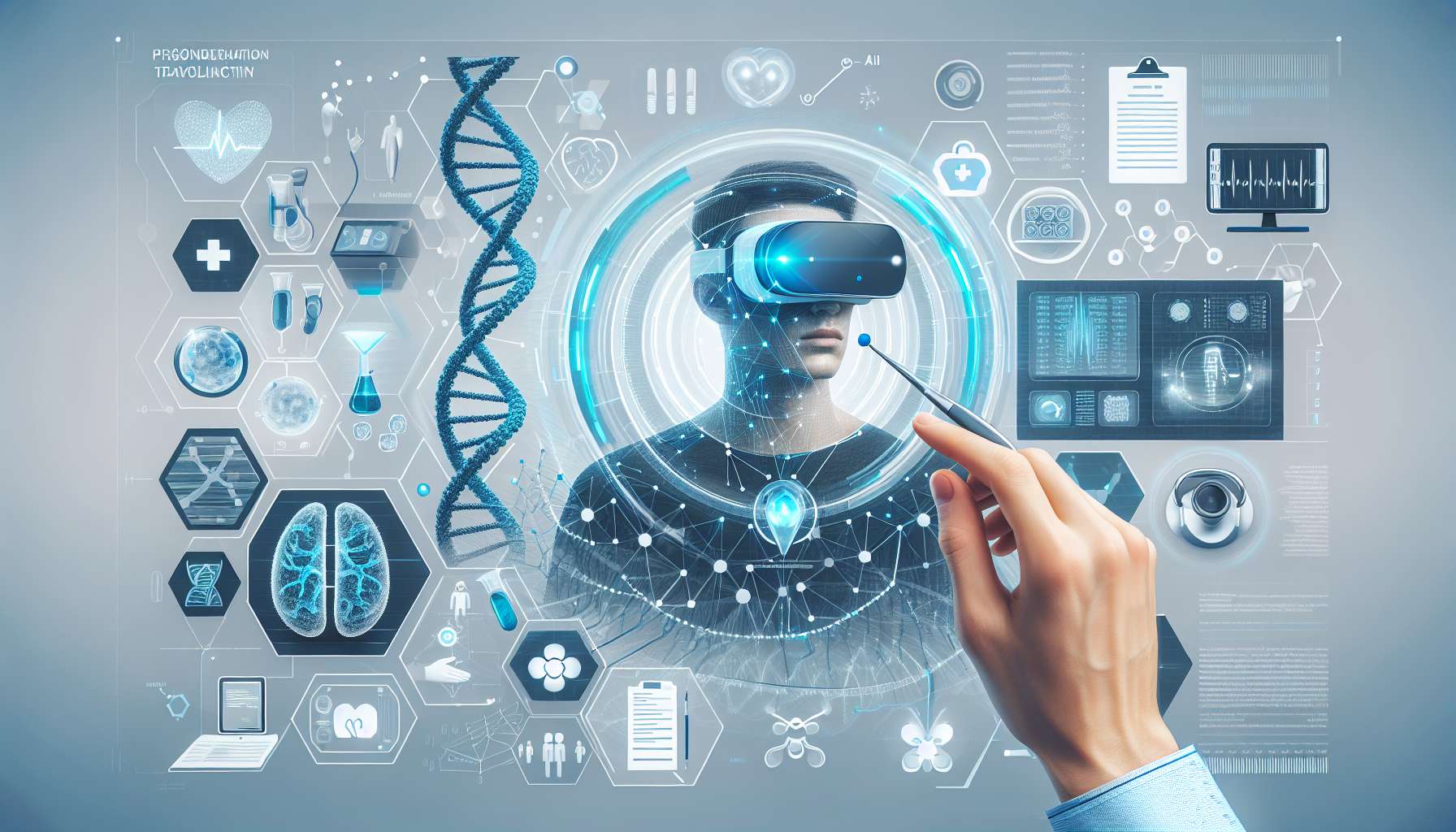Artificial intelligence (AI) is revolutionizing the field of medicine, particularly in the realm of personalized treatment. The concept of personalized medicine involves tailoring medical treatment to individual characteristics, such as genetics, lifestyle, and environment. By leveraging AI technologies, healthcare providers can now analyze vast amounts of data to develop customized treatment plans that are more effective and efficient.
One of the key benefits of AI-driven personalized medicine is the ability to predict individual health outcomes with greater accuracy. Machine learning algorithms can sift through patient data, including genetic information, medical history, and lifestyle factors, to identify patterns and trends that may influence a person’s response to treatment. This predictive capability allows healthcare providers to intervene earlier, potentially preventing diseases or complications before they arise.
Furthermore, AI can help optimize treatment plans by considering a patient’s unique characteristics and preferences. For example, AI algorithms can analyze a patient’s genetic makeup to determine the most suitable medication and dosage based on their genetic profile. This level of customization can lead to better treatment outcomes and reduced side effects, as the treatment is tailored to the individual’s specific needs.
In addition to improving treatment efficacy, AI-driven personalized medicine can also enhance the patient experience. By analyzing data from wearable devices and other sources, AI can provide real-time feedback and recommendations to help individuals manage their health proactively. This proactive approach can empower patients to take control of their health and make informed decisions about their care.
Despite the many benefits of AI-driven personalized medicine, there are also challenges that need to be addressed. Privacy and security concerns surrounding the use of sensitive health data, as well as the need for regulatory oversight to ensure the ethical use of AI in healthcare, are important considerations that must be taken into account.
In conclusion, AI-driven personalized medicine holds great promise for improving patient outcomes and transforming the healthcare industry. By harnessing the power of AI to tailor treatment plans to individual characteristics, healthcare providers can deliver more effective and efficient care that is truly personalized to each patient’s needs. As technology continues to advance, the potential for AI to revolutionize personalized medicine is limitless, offering new possibilities for improving health and well-being.








